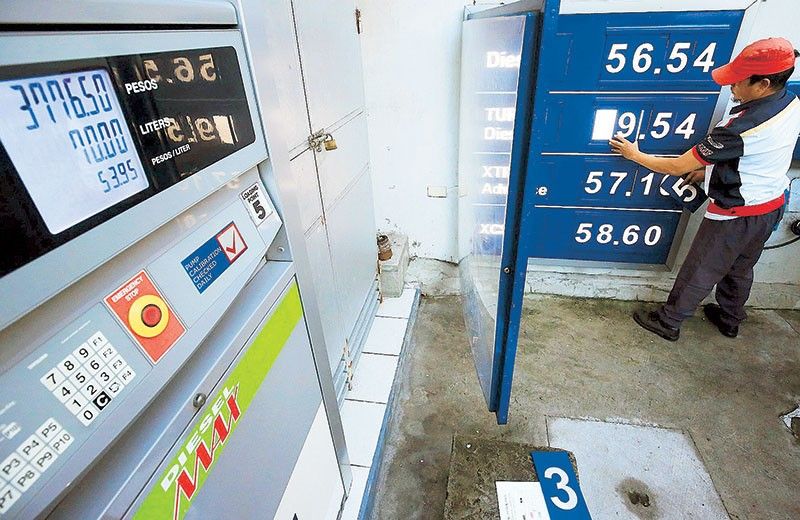
Upgrade to High-Speed Internet for only ₱1499/month!
Enjoy up to 100 Mbps fiber broadband, perfect for browsing, streaming, and gaming.
Visit Suniway.ph to learn
Elizabeth Marcelo - The Philippine Star
June 21, 2025 | 12:00am
The main building of the Philippine Supreme Court in Manila as taken on December 13, 2024.
Philstar.com / Martin Ramos
MANILA, Philippines — The Supreme Court is set to transition to electronic filing of certain petitions and motions starting July 1 with mandatory implementation on Oct. 1.
In a press statement, the SC Office of the Spokesperson said lawyers are advised to start familiarizing themselves with the Philippine Judiciary Platform (PJP), a unified online portal for court services accessible via website, https://portal.judiciary.gov.ph.
“From July 1 to Sept. 30, 2025, lawyers must file digitally with the SC through the PJP – in addition to paper-based filing (personal, registered mail or courier) – initiatory pleadings and motions for extension of time.”
The SC said the move was in accordance with the SC’s Administrative Memorandum No. 25-05-16-SC, or the Guidelines on Transition to Electronic Filing (eFiling) in the Supreme Court, approved by the full bench last May 20.
The SC said the transition is in preparation for the mandatory implementation of the electronic filing or eFiling policy starting October.
“By Oct. 1, 2025, eFiling and service through the PJP will be mandatory for covered pleadings filed by lawyers,” the SC said.
Covered by the eFiling policy are petitions for review on certiorari under Rule 45 of the Rules of Civil Procedure, with or without applications for temporary restraining orders, writs of preliminary injunction or other provisional remedies; as well as petitions of review of judgments and final orders or resolutions of the Commission on Elections and the Commission on Audit.
Also to be filed electronically are petitions for certiorari, prohibition or mandamus; petitions for contempt; petitions for issuance of prerogative writs, including habeas corpus, amparo, habeas data, kalikasan and continuing mandamus; as well as quo warranto actions.
“During the transition period, the SC may allow corrections to erroneous filings upon its directive. However, starting Oct. 1, 2025, improperly filed petitions, pleadings or motions may be dismissed or denied. Any subsequent improper filings will be treated as not filed,” the SC warned.
Meanwhile, the high tribunal clarified that parties without lawyers, amicus curiae, Shari’ah counselors-at-law who are not members of the Philippine Bar and law student practitioners “must continue filing documents personally, by registered mail or through an accredited courier.”
Under the SC’s guidelines, lawyers must register with the PJP and file electronically using their individual accounts.
“Documents filed through a registered account are considered filed by the account holder, regardless of who signed the document. Use of another lawyer’s account is strictly prohibited and may result in disciplinary action,” the SC said.
The transition to electronic filing of certain motions and petitions is part of the SC’s Strategic Plan for Judicial Innovations 2022- 2027.

 4 days ago
9
4 days ago
9




